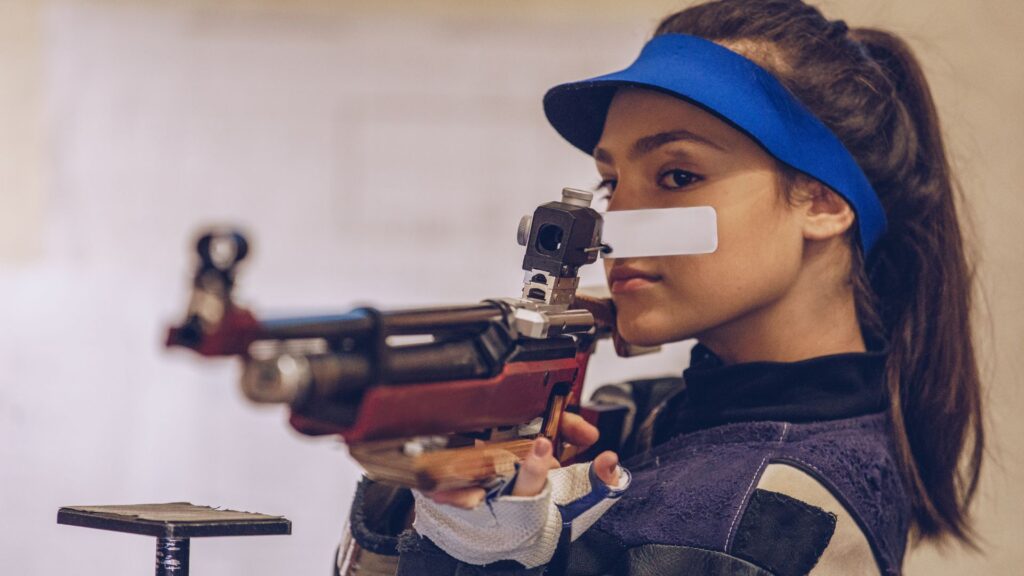The question of whether women are superior snipers compared to men is one that has sparked debate and discussion in various circles. While some may argue that women possess certain qualities that make them more adept at sniper roles, others contend that gender does not determine proficiency in this field. Let’s delve into both perspectives.
On one hand, proponents of the idea that women are better snipers often point to traits commonly associated with females that could contribute to success in such roles. These traits may include patience, attention to detail, and emotional intelligence. Sniper operations require meticulous planning, prolonged periods of observation, and the ability to remain calm under pressure, all of which are qualities that some believe women possess in greater measure.
Furthermore, some argue that women may have physical advantages that could enhance their performance as snipers. For instance, women typically have smaller frames and lighter body weight, which could make them more agile and stealthy in certain combat situations. Additionally, studies have suggested that women may have superior fine motor skills and hand-eye coordination, which are crucial for precise marksmanship.
However, it’s essential to recognize that proficiency in sniper roles is not solely determined by gender. Factors such as training, experience, mindset, and individual capabilities play significant roles in determining success in this field. Men have traditionally dominated military and law enforcement sniper roles, primarily due to historical norms and cultural biases rather than inherent superiority.
Moreover, the argument that women are inherently better snipers overlooks the diversity of skills and abilities among individuals of all genders. While some women may excel in sniper roles, others may not possess the necessary aptitude or inclination for such tasks. Similarly, there are men who demonstrate exceptional skill and proficiency as snipers.
In conclusion, the notion that women are better snipers than men is complex and nuanced. While certain traits and physical attributes associated with women may lend themselves to success in sniper roles, individual capabilities and experiences ultimately determine proficiency. Rather than focusing on gender stereotypes, it is more productive to recognize and cultivate the diverse talents and skills of individuals regardless of their gender.




